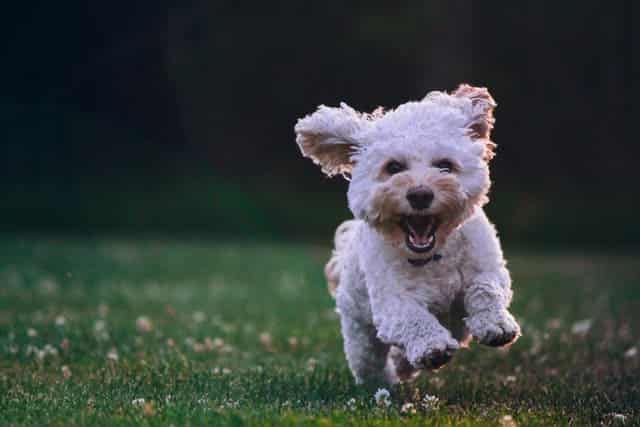Having a well-behaved, and well-trained dog is important. A dog that is out of control and non-responsive to your commands could be dangerous to have around others, and around those within your home. No matter whether you have had your dog from a puppy, or you have rescued them in later life a little training can go a long way. Even if you only want to achieve basics such as sit and stay you will find the improved behavior beneficial to your everyday life.
Effectively And Efficiently Training Your Dog
Training a dog is easy if you have time, patience, and plenty of treats. Dogs thrive on good behavior and rewards so remember to always stay calm and relaxed when training your dog, and always keep a bagful of treats on you.
Recall Is Important
When training your dog they have to know their name and they have to come back to you when you call them. The recall is important as it shows you that you have control over your dog at all times, and especially when they are off the lead. Recall training can take a few weeks to master, but once learned the training will last. To get recall working for you then you will need to use a lead that gets longer and looser as time goes by. Practicing calling and rewarding your dog for their positive behavior will help them link the two things together which are food/reward and hearing their name. When they understand these two work in conjunction with each other then you will have succeeded at recall. Quite often you will find recall work easier to do if you have access to a large playing field, or similar and no distractions.
Rewarding Good Behavior
Using food as a reward is going to help make training your dog that whole lot easier and quicker. Dogs love to please their owners, and using food as a reward is simple and quick to do. Using small titbits that can be kept in a bag for easy use and access is necessary. As well as using food as a reward you should ensure that you always use a positive tone and manner when talking to your dogs. Dogs can tell what type of mood you are in when you speak, so remember to put on a happy tone when training.
Collars And Leads
Training your dog is easier to do when they are wearing a suitable collar, and where necessary a lead. If you are training your dog for recall then you will need to use a long extended lead, and if you are training for anything from sitting to stay you will need to use a collar such as shock collars and half chain collars. You do not need to hurt your dog to train them, and if you inflict pain you will set training back, so remember to use everything carefully and within recommended guidelines and advice.
Age Of Your Dog
If you have a super excitable puppy on your hands then training will be perhaps a little more trying than if you are trying to train a 9-month-old puppy. Training as soon as you can is important to do, but before you get started you should get to know your dog and get to know their personality. If you know they love their walkies or their meal times then try not to focus on training around these times. Similarly, if you are trying to train or teach an older dog remember that they need extra time, extra care, and patience. Do not expect fast or instant results with an older dog.

Breed Of Your Dog
It cannot be disputed that some breeds are easier and more receptive to train than others. For example, a border collie will be more responsive and receptive to your instructions, whereas a bulldog or chihuahua may decide not to listen as much. Learning about your dog’s breed, or breeds (if they are a mix or cross) will certainly help you. When you find out about what triggers a breed and what makes them tick then you will find training a lot quicker and altogether a lot easier.
Everything Takes Time
Training your dog will not happen overnight. New commands take time to learn, and it takes time for your dog to retain the new information you are giving them. Look at training as a long-term commitment, of at least 6 months plus. Not putting a strict timeline on training will make it a lot easier and more enjoyable for both you and your dog. In addition to training yourself, you could look at attending local dog training classes. Taking your dog into a new environment and new surroundings may prove challenging but both you and your dog will benefit from learning and gaining new tips and techniques from professionals and of course other dog owners.
Time Off
If you are not careful then you may find that training your dog can be all-consuming, and it can take up all of your free time. Being all consumed by training your dog is not ideal and it is not productive. Trying to train and teach your dog all the time can leave them feeling frustrated, and it could set training back, or even setting back all of your hard work. Taking things slow and steady over time will ensure that training is enjoyable and not laborious.
Training your dog should be something that everyone within your family and home is focused on. Consistency is required when training so everyone needs to ensure that they are working towards the same end goal. Dogs are there to enjoy and are there to be a welcome addition to your family and your life. Training is important but it is also a fun time. Dogs love to have fun no matter what their age or breed, so try and keep things as fun and as lighthearted as possible. Stay calm and in control of training at all times.

